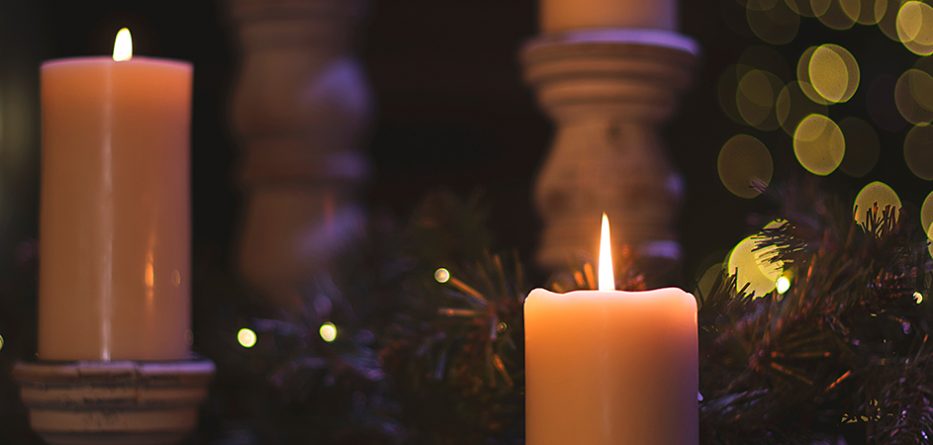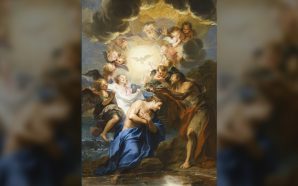Advent prepares us to let go of our power-seeking ways.
Advent is a season of preparation, prayer, and discernment. For me, it is both my favourite liturgical season and the most challenging. The people of God are called to be watchful and to prepare the way of the Lord. And yet in the chaos of contemporary society, the one thing we all seem to lack during Advent is time. Culturally, we move from Halloween to Thanksgiving to Christmas, sacrificing Advent along the way. Why are we in such a rush to Christmas? Can we truly have Christmas without Advent?
From the very first Sunday, Advent begins with both a warning and an invitation. Beware, the Gospel of Luke warns. Do not get too caught up in the anxieties of daily life such that Jesus’ arrival will “catch you by surprise like a trap.” At the same time, it is an invitation. We each are called to be “one who, in the noise of the world, does not let themselves be overwhelmed by distraction or superficiality, but lives in a full and conscious way, with a concern above all for others,” Pope Francis notes.
Always in Advent is a tension of being watchful and humbly opening ourselves. The constant reminder is to focus on God, not ourselves. The Magnificat proclaims that the world’s power structures are not God’s. “He has thrown down the rulers from their thrones but lifted up the lowly,” Mary sings. “The hungry he has filled with good things; the rich he has sent away empty.” This is why Advent begins with a warning. Since God’s ways and priorities are not our world’s, if we are not attentive we will not be ready.
To continue reading this reflection, click here.
Meghan J. Clark is an associate professor of theology at St. John’s University in New York. She is author of The Vision of Catholic Social Thought: The Virtue of Solidarity and the Praxis of Human Rights (Fortress).
With thanks to U.S. Catholic, a publication of the Claretian Missionaries, a Roman Catholic religious community of priests and brothers dedicated to the mission of living and spreading the gospel of Jesus.








